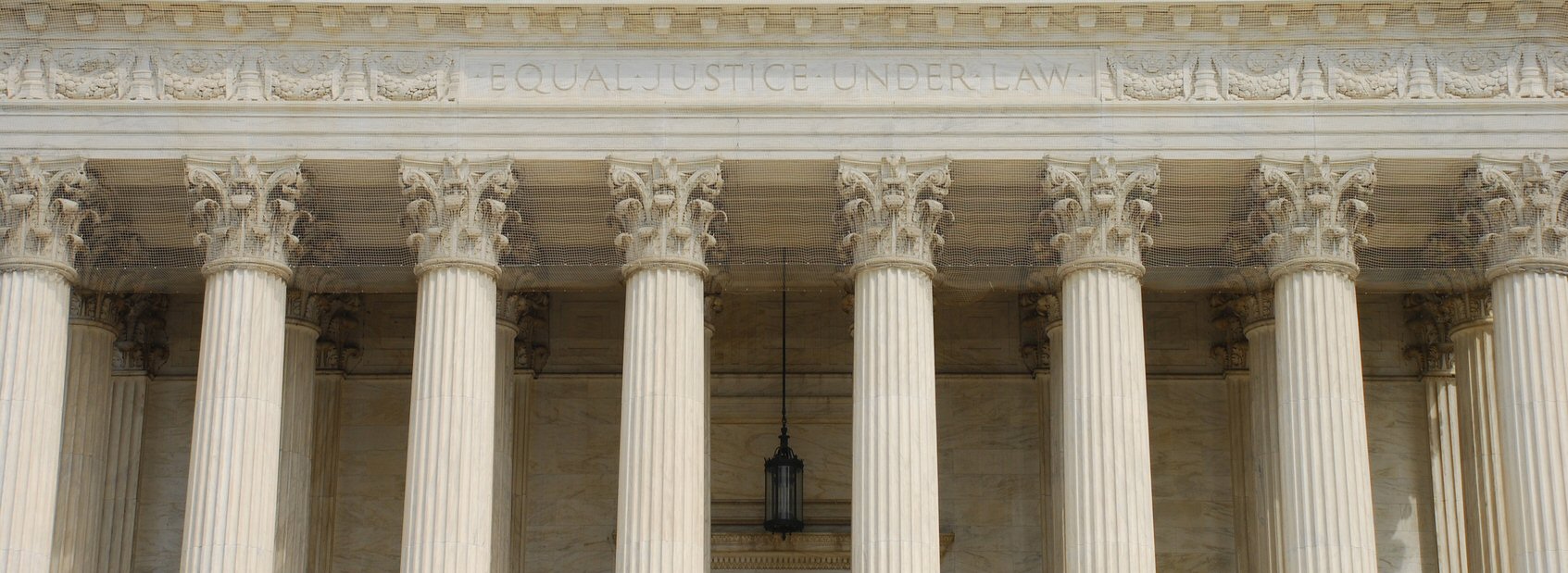Position Statement
S6040 (Krueger) / A7069 (Hunter)
Support
Women’s Bar Association of the State of New York Supports the Sex Trade Survivors Justice & Equality Act – The Equality Model in New York State
“I believe the role of progressive government is to champion those with less power against systems of exploitation that seek to take advantage of their marginalization.”[1] “It is time that we put an end to the exploitation of the disadvantaged and confront these issues directly.”[2]
Women’s Bar Association of the State of New York (“WBASNY”) staunchly supports the Sex Trade Survivors Justice & Equality Act – the Equality Model in New York State, sponsored by Senator Krueger and Assemblywoman Hunter. This bill will amend the Penal Law as it relates to prostitution offenses and fines, amend the Criminal Procedure Law relating to vacatur of judgments and motions for new sentencing, and amend the Education Law to investigate allegations of unauthorized practice of massage therapy by potential sex trafficking victims. It further seeks to amend Civil Practice Law & Rules, Criminal Procedure Law, and Executive Law to prohibit certain reproductive and sexual health devices from being admitted as evidence of prostitution in criminal and civil proceedings. There are sweeping changes sought for Social Services Law as well as additional duties for town and village law enforcement and constables. More critically, the bill seeks to repeal Penal Law Sections 230.00, 230.03, and 230.07, adding a new Penal Law Section 230.01, “affirmative defense,” as well as amending Criminal Procedure Law 170.30 (4) to allow for a Motion to Dismiss when related to Article 230 offenses. Additional resources will be available through an Executive Law amendment stipulating that any homeless youth under the age of 24 who has entered a transitional independent living program may continue to receive shelter services until that youth reaches the age of 24.
We at WBASNY believe that New York State must do its part to stop this global industry by supporting victims and penalizing exploiters.
The Sex Trade Survivors Justice & Equality Act introduces a holistic approach to addressing the global sex trafficking business. It decriminalizes people in prostitution while continuing to prosecute pimps, brothels, illicit massage parlor owners and managers, sex tourism operators, and sex buyers. It helps to shift the stigma from prostituted people to the exploiters. This decriminalization/prosecution is the crux of the legislation: by merely decriminalizing prostitution, and not prosecuting the traffickers and pimps, there would be no decrease in the demand for sex work, and vulnerable populations would remain vulnerable. Additionally, metropolitan hubs such as New York City would be a haven for sex tourism, with no consequences for the sex buyers and traffickers. Recognizing that trafficking victims may have several prior offenses related to their time while being trafficked, this legislation provides for methods to vacate and expunge criminal records. Allowing for vacatur and expungement means eliminating obstacles for victims seeking to obtain employment, an important step in building independence and agency. Relatedly, increasing access to housing, employment services, trauma-informed medical care, and legal/immigration services will give victims those services which they most likely lacked, leading them to seek out whatever was eventually promised to them by their exploiter.[3] Lastly, education on recognizing trafficking and its violence and trauma, including sexual, psychological, and physical abuse, as well as providing continued community support to our most vulnerable populations will allow New Yorkers to be better equipped to embrace and support survivors.
Sex trafficking is a severe form of exploitation and involves the use of force, fraud, or coercion to obtain some type of commercial sex act. According to the Polaris Project, there are approximately 40.3 million victims of trafficking globally, including the United States. As of 2017 data, New York State is fifth in the nation for human trafficking, with sex trafficking making up the majority of that activity.[4] It is estimated that human trafficking is second only to drug trafficking as the most profitable worldwide industry, generating billions of dollars. The sex trade, in particular prostitution, preys on the most marginalized and vulnerable groups in our communities: women and girls, LGBTQ+ population, foster home youth, and undocumented persons. The average age of an American girl forced into “the life” is thirteen, even if she is dressed to look older. Traffickers, pimps, massage parlor owners, and sex buyers use violence, threats, confiscation of IDs, drugs, and alternating affection and abuse to silence and manipulate their victims. New York State continues to make headlines as an epicenter for this form of exploitation, with rich and powerful traffickers such as Jeffrey Epstein and Keith Raniere being exposed as masters of the incredibly lucrative yet dehumanizing business of sex trafficking.
WBASNY has a long and honored role in making life better for women and children in our world, by advocating for equality and fair treatment. This women-led bar association has been at the forefront of changing laws in the areas of domestic violence, crimes of sexual violence, and in the initiative against sexual discrimination in employment. WBASNY will continue to be a powerful force to affect policy change on issues affecting women and children. Our mission commits us to address and support legislation which advocates for change for women and children throughout the state and promotes the fair and equal administration of justice for all. With over 4,000 members strong, WBASNY speaks as one voice to advocate for equal access to justice for women and children both here in the State of New York and beyond.
[1] @LizKrueger, Twitter, 25 Jan 2021.
[2] https://www.syracuse.com/state/2021/01/bill-sponsored-by-syracuse-assemblywoman-would-decriminalize-prostitution-in-new-york-state.html
[3] According to a Polaris Project infographic, the top 5 risk factors for sex trafficking are substance use, runaway homeless youth, recent migration/relocation, unstable housing, and mental health concerns. That same graphic shows that the top 5 recruitment tactics include intimate partner proposition, familial, job offer/advertisement, posing as a benefactor, and false promises/fraud. https://polarisproject.org/2019-us-national-human-trafficking-hotline-statistics/
[4] https://www.lohud.com/story/news/local/2017/12/20/sex-trafficking-new-york-state-5th-nation/969122001/

